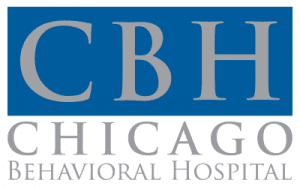Caring for Moms During Mental Health Month
Budding trees and blooming flowers remind us that spring is a time for growth and transformation. May is Mental Health Awareness Month, and the month in which many people celebrate Mother’s Day. Between the cards, flowers, and thoughtful gifts, Mother’s Day can be a complicated holiday and a source of pain for many women.
Motherhood comes in many forms: single mothers; mothers who share custody; mothers who have experienced infertility; foster and adoptive mothers; mothers who have experienced the tragic loss of a pregnancy, an infant, or an older child; mothers who feel overwhelmed by the demands of life.
There is immense societal pressure for mothers to feel happy on Mother’s Day, but the reality is that motherhood is emotionally and physically challenging at times. The pressure for women to balance their life roles flawlessly—to be the perfect mother, partner, employee, daughter, sister, and friend—while handling challenges with ease and grace can have significant negative impacts on their mental health and wellbeing.
According to the World Health Organization (WHO), 20% of mothers experience clinical depression after childbirth. This has an impact not only on a woman’s ability to care for themselves, but also the ability to care for their infant or child. This in turn has an impact on the development of the child and can of course cause the mother further distress.
We can look out for the moms in our lives by recognizing the signs of maternal mental health issues such as depression or other perinatal mood and anxiety disorders, which may include:
- Extreme sadness and/or tearfulness
- Difficulty concentrating or making decisions
- Lack of interest or motivation
- Feeling numb or disconnected
- Feeling irritable or angry
- Extreme worry, fear, or anxiety
- Extreme mood swings or changes
- Appetite or sleep disturbances
At Chicago Behavioral Hospital, our Women’s Connection program is designed to address the mental health needs of women experiencing symptoms of mental health conditions including depression, anxiety, and PTSD.
If you or someone you care about is in need of help, please call us at 844-756-8600.





